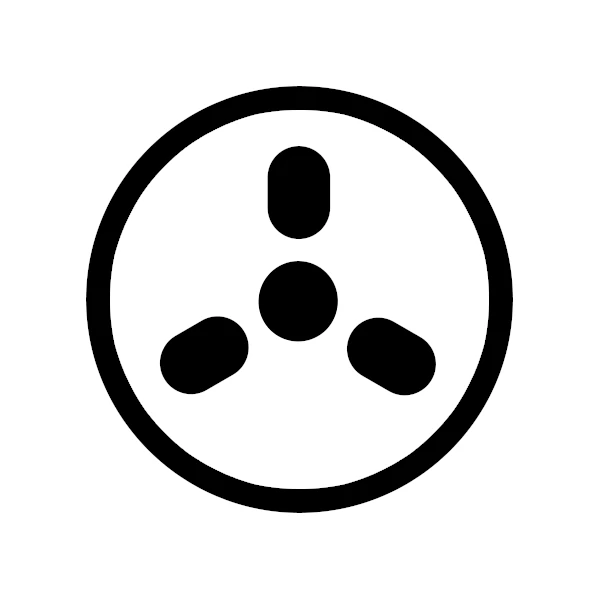BY MEREDITH
HOBBS COONS, KYLE
THOMAS
SASAMI, born Sasami Ashworth, has been a sought-after "jack of all trades" in the indie music world since returning to her hometown of Los Angeles following graduation from classical conservatory at Eastman School of Music. From playing in Cherry Glazerr, to touring with Soccer Mommy, Snail Mail, Mitski, Japanese Breakfast, and HAIM, to producing records by King Tuff (Smalltown Stardust) and Hand Habits (Fun House), not to mention producing, writing, arranging, and engineering her own genre-bending work, her skills and sensibilities have enlivened an industry that can often feel uninspiring. With her 2022 second solo album, Squeeze, and tours to support it, SASAMI confronted the mostly male landscape of metal and has brought theatrics, haunted house lighting, and playful aggression to both dive bars and arena stages alike. Now based in West Marin, California, she's exploring the poetic language of naturalists as well as Britney Spears's early aughts "guilty pleasure" (minus the guilt) aesthetics as she weaves together new material.









